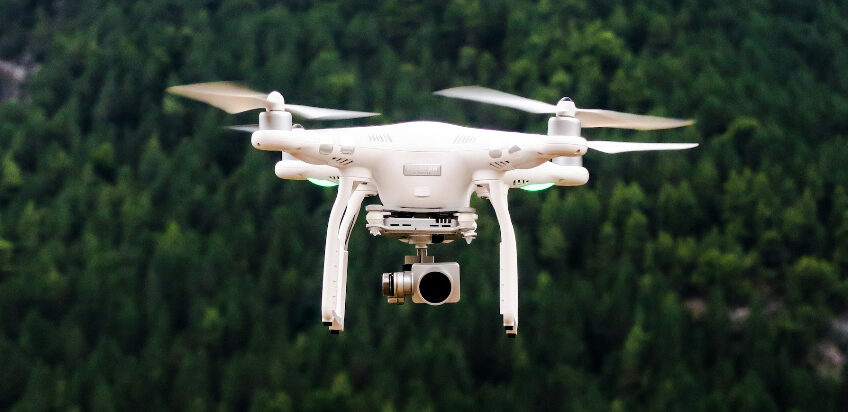Drones, also known as Unmanned Aerial Vehicles (UAVs), have become increasingly popular in New Jersey for recreational, commercial, and governmental use. As the airspace over the state becomes more crowded with these devices, understanding the legal landscape governing their operation is crucial for all drone pilots. Here’s an overview of the key legal considerations and regulations that drone pilots in New Jersey need to be aware of.
Federal Aviation Administration (FAA) Regulations
First and foremost, all drone pilots in the U.S., including New Jersey, must comply with FAA regulations. These rules are designed to ensure the safety and security of both air traffic and the public. Key FAA rules include:
- Registration: Drones weighing more than 0.55 pounds must be registered with the FAA, and the registration number must be displayed on the aircraft.
- Part 107 Certification: For commercial drone operations, pilots must obtain a Remote Pilot Certificate from the FAA, which requires passing an aeronautical knowledge test.
New Jersey State Laws
In addition to federal regulations, New Jersey has enacted laws specific to drone operation within the state:
- Privacy Laws: New Jersey drone operators must be aware of privacy laws concerning trespass and surveillance. It is illegal to use a drone to spy on or photograph people in areas where they have a reasonable expectation of privacy without their consent.
- Prohibited Areas: State law prohibits the operation of drones within certain sensitive areas, such as state parks and state-owned historical sites, without specific permission. Moreover, flying drones near critical infrastructure or in ways that interfere with emergency response efforts is also prohibited.
Local Ordinances
Many municipalities in New Jersey have adopted their own ordinances that may impose additional restrictions on drone use. For instance, some towns may restrict drones from flying in public parks or during large public events for safety reasons. Drone operators are responsible for knowing and adhering to these local ordinances before flying their drones.
Insurance Requirements
While not legally required, it is advisable for drone operators in New Jersey to consider obtaining liability insurance, especially if using drones for commercial purposes. Insurance can protect against potential claims for property damage or personal injury.
Commercial vs. Recreational Use
The legal requirements for drone pilots vary significantly based on whether the drone is used for recreational or commercial purposes. Recreational users are generally subject to fewer stringent rules but must still operate their drones within FAA and state guidelines. Commercial users, in contrast, must meet more rigorous requirements, such as obtaining the aforementioned Part 107 certification.
Reporting Accidents
Under FAA regulations, any drone accident resulting in injury or property damage exceeding $500 must be reported to the FAA within ten days. This requirement helps the FAA track and mitigate safety risks associated with drone operations.
Conclusion
As drones continue to be integrated into the skies above New Jersey, understanding the nuanced legal environment is essential for all drone operators. Compliance with both federal and state regulations not only ensures the legality of drone use but also promotes safety and respect among the community and airspace shared by all.
Whether using drones for capturing breathtaking aerial photography, conducting surveys, or delivering goods, staying informed and compliant with the law is the best way for drone operators to enjoy the benefits of this innovative technology while minimizing legal risks and contributing to a safe flying environment.
